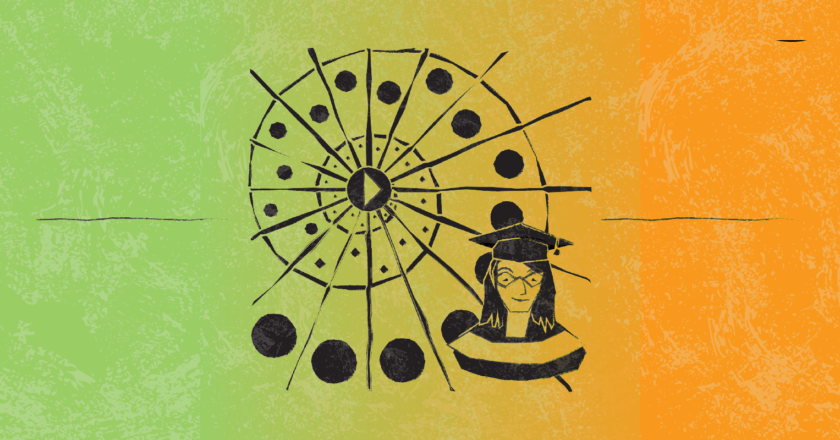Set aside time for your passions, for your special interests and the things that give you immense joy.


Set aside time for your passions, for your special interests and the things that give you immense joy.

Young people on the spectrum often feel increased judgement and pressure to fit in with their [neurotypical] peers…We need more awareness of the mental health issues many young people on the spectrum may face.

Sometimes it’s not possible to avoid a sensation. When you’re exposed to a distressing stimulus, try to breathe slowly and deeply.

Always be respectful and professional when corresponding with a professor or course instructor. Using “Dear” to begin emails, using the professor’s last name (i.e. Professor Brown), and signing off with a “Thank you,” or “Sincerely” goes a long way!

Align your strengths with your interests. Find a supportive mentor. Be willing to accept some trial-and-error. Autistic students can succeed in STEM.

Scheduling your time well is one of the simplest and most effective strategies to achieving success at college! But how can we schedule our time well? Read on to find out.

Autistic students must define obvious needs, such as academic and transportation accommodations, but it is also beneficial to measure more nuanced needs such as independence and social living.

Special interests are your Marauder’s Map, your hyperdrive, and your superpower. Let’s dive into how they work.

Laura Gilmour shares her journey from new student learning about college expectations to confident graduate student conducting her own STEM research.

Our sensory experiences don’t only depend on the sensory input—don’t only depend on the properties of the specific sensory stimulus we experience—but also depend on other factors.